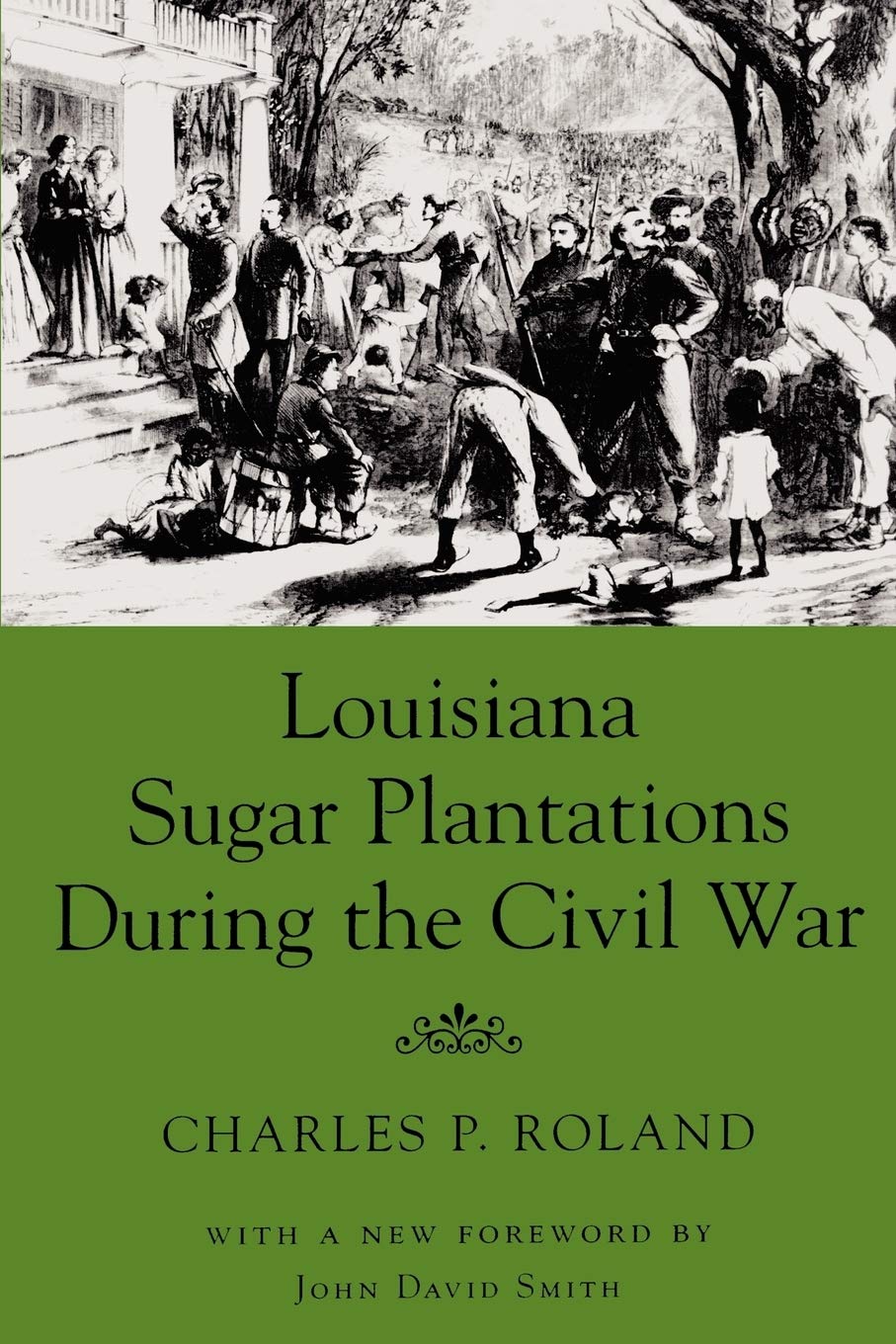LSU Press
Louisiana Sugar Plantations During the Civil War
Regular price
$12.95 USD
Regular price
Sale price
$12.95 USD
Unit price
per
Shipping calculated at checkout.
Couldn't load pickup availability
Title: Louisiana Sugar Plantations During the Civil War
Author: Charles P Roland
ISBN: 9780807122211
Publisher: LSU Press
Published: 1997
Binding: Paperback
Language: English
Condition: Used: Near Fine
Excellent, unmarked copy with little wear and tight binding. We ship in recyclable American-made mailers. 100% money-back guarantee on all orders.
C 1676942
Publisher Description:
A gifted raconteur, Roland sets the scene where the Louisiana cane country formed "a favored and colorful part of the Old South, " and then unfolds the series of events that changed it forever: secession, blockade, invasion, occupation, emancipation, and defeat. Though sugarcane survived, production did not match prewar levels for twenty-five years. Roland's approach is both illustrative of an earlier era and remarkably seminal to current emancipation studies. He displays sympathy for plantation owners losses, but he considers as well the sufferings of women, slaves, and freedmen, yielding a rich study of the social, cultural, economic, and agricultural facets of Louisiana's sugar plantations during the Civil War.
Author: Charles P Roland
ISBN: 9780807122211
Publisher: LSU Press
Published: 1997
Binding: Paperback
Language: English
Condition: Used: Near Fine
Excellent, unmarked copy with little wear and tight binding. We ship in recyclable American-made mailers. 100% money-back guarantee on all orders.
C 1676942
Publisher Description:
A gifted raconteur, Roland sets the scene where the Louisiana cane country formed "a favored and colorful part of the Old South, " and then unfolds the series of events that changed it forever: secession, blockade, invasion, occupation, emancipation, and defeat. Though sugarcane survived, production did not match prewar levels for twenty-five years. Roland's approach is both illustrative of an earlier era and remarkably seminal to current emancipation studies. He displays sympathy for plantation owners losses, but he considers as well the sufferings of women, slaves, and freedmen, yielding a rich study of the social, cultural, economic, and agricultural facets of Louisiana's sugar plantations during the Civil War.

